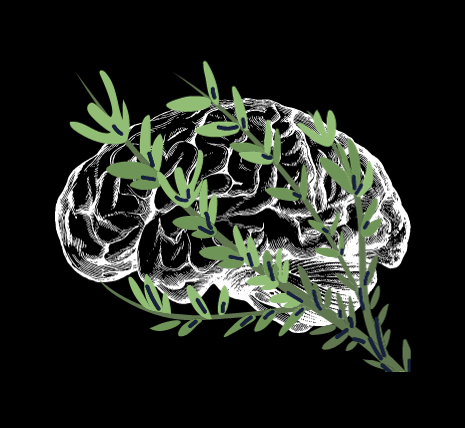Brainwave #9
Navigating the daily grind of waking up early, commuting, working through the day, and then heading back home can gradually wear down even the most resilient individuals. This routine, while familiar, often leads to a subtle yet significant mental toll, inching some towards burnout. The key to combating this lies in closely monitoring and managing our mental state throughout the workday, understanding how it fluctuates from morning to evening, and its impact on our mood, thoughts, and energy levels.
As we progress through our day, especially post-lunch, many of us experience a noticeable dip in energy, affecting our thought quality, conversations, and overall productivity. Addressing this challenge requires a strategic approach to reorient our mindset towards our workday, aiming not only to preserve energy for after-work activities but also to enhance engagement and output during work hours.
A Simple Solution to a Complex Problem
The solution is surprisingly straightforward and revolves around understanding the brain’s reward system. Recognizing that a sense of accomplishment from achieving a goal or milestone fuels fulfillment, we can structure our day to experience these ‘highs’ at strategic intervals. This approach keeps our energy and mood stable throughout the day, avoiding the common peaks and troughs that lead to burnout and mental fatigue.
Practical Strategies for Engaging the Reward System
To effectively engage this reward system without fostering dependency, consider breaking down your work into manageable segments. For instance, if the task at hand is to draft a comprehensive email, divide it into smaller, achievable steps: understanding the requirements, planning your response, drafting sections incrementally, reviewing, correcting, and finally sending it off. Completing each segment allows for a brief, rewarding break—be it a light conversation, a snack, a short walk, or a moment of leisure. This not only rewards the completion of a task but also associates the work process with positive reinforcement, significantly enhancing your engagement and enjoyment of work.
The Flexibility of Personal Reward Systems
What’s particularly appealing about this technique is its adaptability. It encourages personal experimentation, allowing you to tailor the approach to suit your preferences and needs. By setting up short-term rewards that resonate with you, this strategy becomes a powerful tool for enhancing your workday experience.
Implementing such a reward system effectively requires mindfulness and creativity. It’s about finding the right balance that motivates you without leading to dependency. As you experiment and adjust your approach, you’ll discover what best keeps you motivated, focused, and positive throughout your workday.
In conclusion, transforming how we approach our workday through mindful structuring and rewarding of tasks can lead to improved mental well-being and productivity. By recognizing and leveraging the brain’s response to rewards, we can not only make our work days more enjoyable but also maintain a positive and balanced mindset in the workplace.

